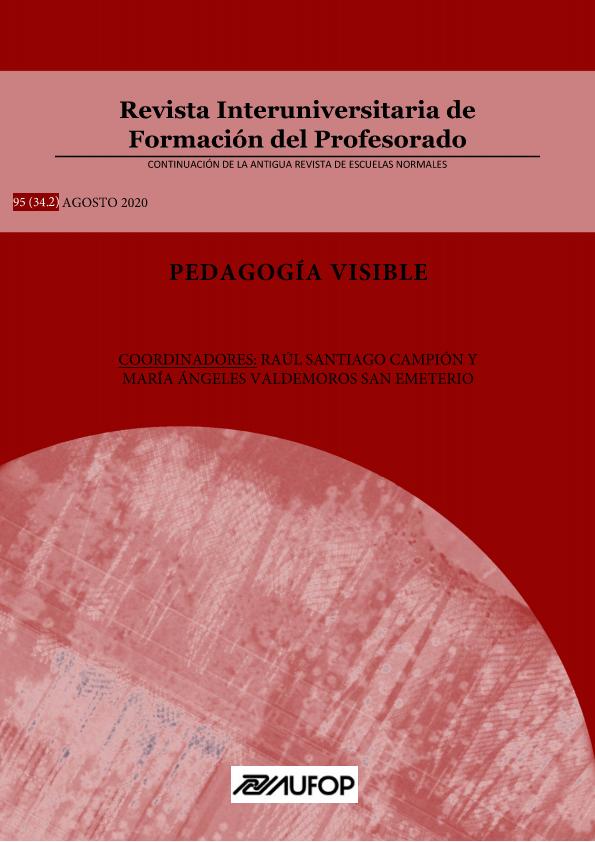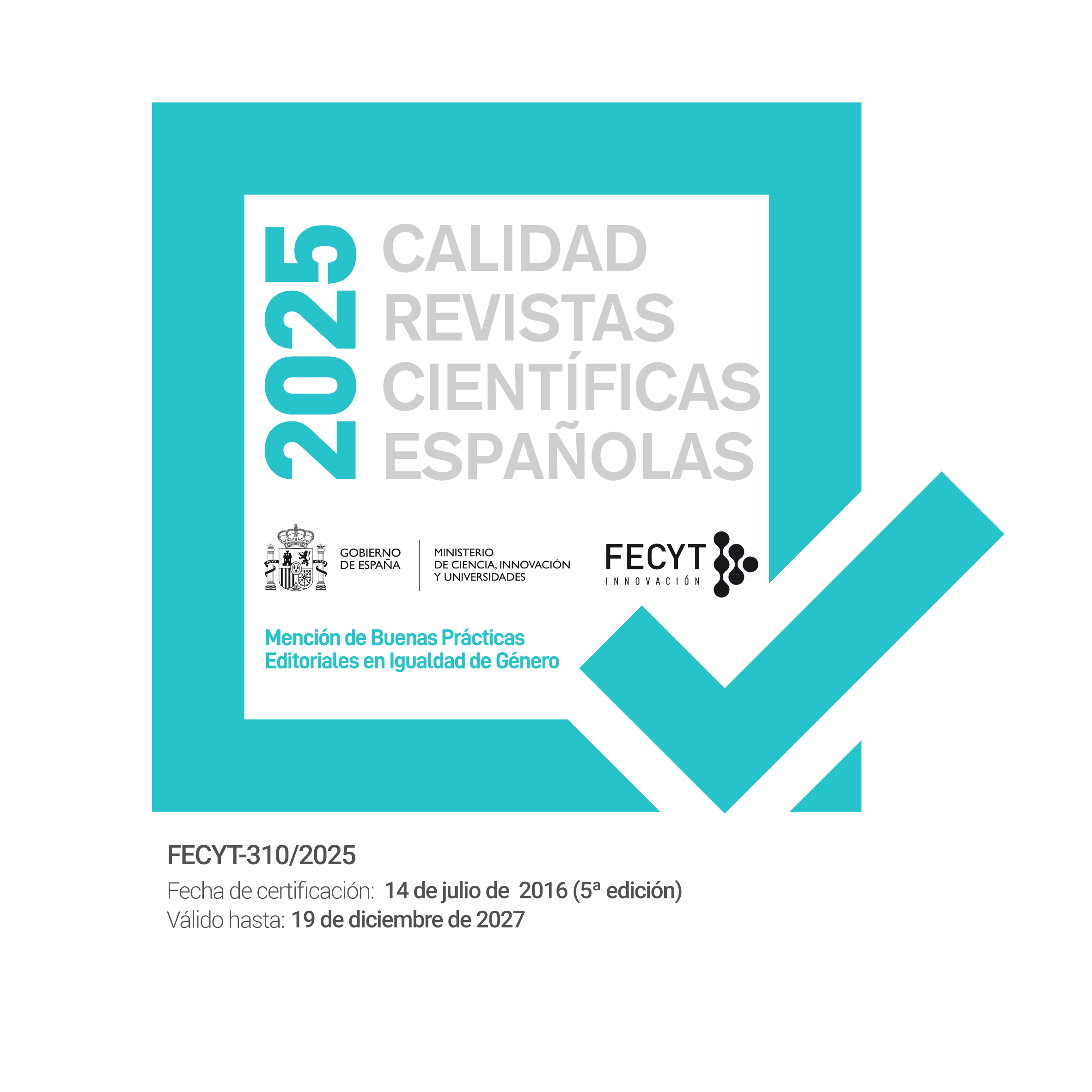El modelo flipped classroom, una forma de promover la autorregulación y la metacognición en el desarrollo de la educación estadística
DOI :
https://doi.org/10.47553/rifop.v34i2.77713Résumé
El objetivo de este estudio es obtener información a partir de una experiencia exploratoria, realizada en el Grado de Educación Primaria de la Universidad de Málaga, dentro del marco de una investigación-acción, en la que se utiliza el modelo flipped classroom en educación estadística, para evidenciar que, mediante la utilización de este modelo, se fomenta la autorregulación en el proceso de enseñanza-aprendizaje, alcanzando la metacognición. Se pretende, desde un planteamiento metodológico activo, basado en la autonomía personal y la autorregulación, implicar al alumnado en su aprendizaje, promover la capacidad de análisis de datos y razonamiento estadístico, y además ser capaces de desarrollar el pensamiento crítico. De acuerdo a los resultados observados, con este modelo se consiguen desplazar fuera del aula las actividades matemáticas más instrumentales, favoreciendo el desarrollo de tareas mucho más funcionales y formativas en el aula.
Téléchargements
Publiée
Comment citer
Numéro
Rubrique
Licence
The "Revista Interuniversitaria de Formación del Profesorado (RIFOP)", with ISSN print 0213-8646 and ISSN electronic 2530-3791), adheres to the copyright notices proposed by Creative Commons
Authors’ rights
Papers published in the journal are subject to the following terms:
1. The Asociación Universitaria de Formación del Profesorado (AUFOP) is the editor of the RIFOP and holds the copyright of the papers published therein. The reuse of these is allowed under the license for use as indicated under point 2.
© Asociación Universitaria de Formación del Profesorado (AUFOP)
2. The papers are published in electronic version under the license CreativeCommons Reconocimiento-NoComercial-SinObraDerivada 3.0 España (texto legal). Papers can be copied, used, disseminated, transmitted and publicly exhibited provided that: i) the authorship and original publication source are cited (journal, editors and URL of the paper); ii) they are nit used for commercial gain; iii) the existence and specifications of the license for use are mentioned.
3. Auto-archiving conditions. Authors are allowed and encouraged to disseminate electronic pre-print versions (versions prior to peer review) and/or post-print (versions reviwed and accepted for publication) of their papers prior to their publication, since this favors prompt circulation and dissemination and supposes a possible increase in cites and scope within the academic community.
Privacy declaration
The names and email addresses incorporated into this journal will be used solely for the declared purposes of the journal and will not be available for any other purposes or to third parties.






